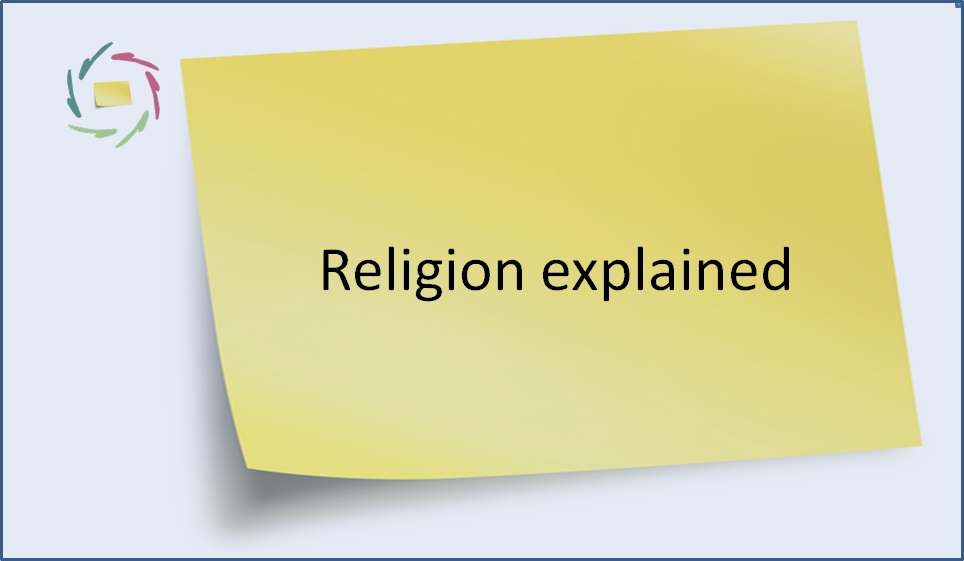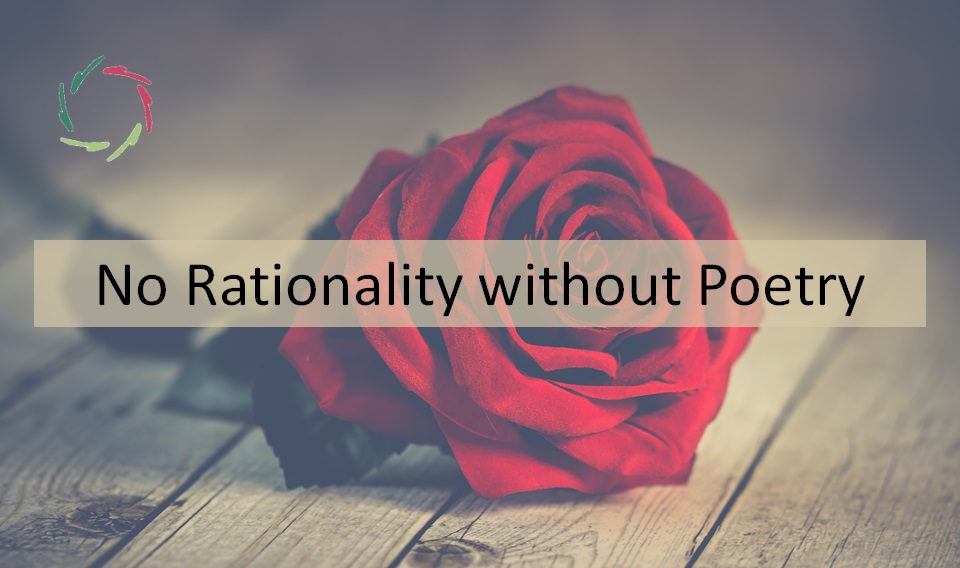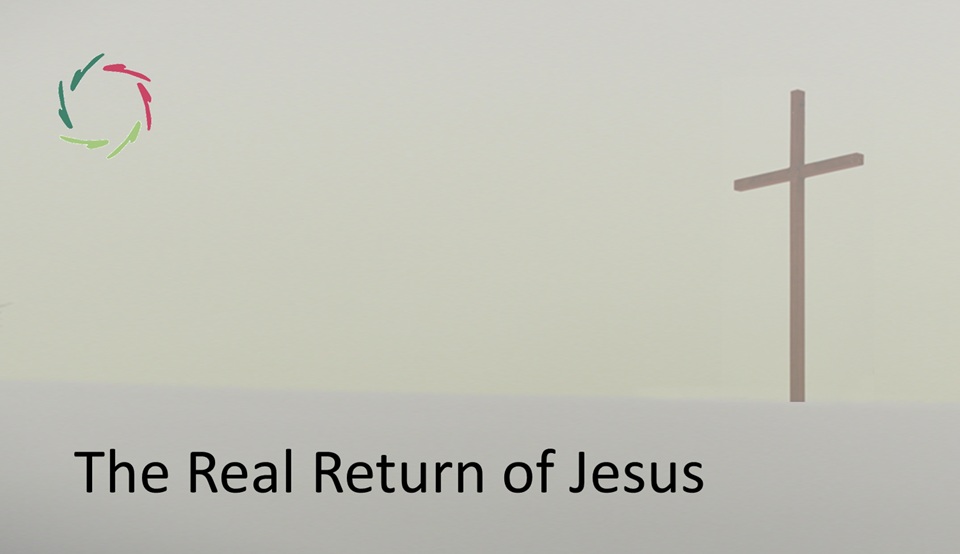God = Human Non-Conscious?

From a scientific perspective, the human non-conscious is best understood as a direction. Whether it’s a direction within or through the non-conscious as an entity remains uncertain.
Should we care? In both scenarios, the path appears endless, and the experience remains the same.
The direction is toward the inside.
Thus, from an ego perspective, it doesn’t directly point toward anything external.
Therefore, any idea of ‘God outside’ that one can worship as an entity purely outside oneself misses the point, whether it’s a tree, a thunder, a family of Gods on a mount, or something/someone on the other side of the universe.
In this respect, anything discernible without the involvement of one’s deeper self is superstition. You might want to read this twice.
Mystics intuitively understand this.
They may grapple with this feeling or awareness, one way or another, frequently colliding somewhat with a conceptual religion that wants to objectify the God idea somewhat too much for their tastes.
So, they conceive, for instance, of a ‘God of negation’ (neither this nor that), an unnameable God with 100 names, a God of Nothingness, and so forth. This is great. They’re all attempts to communicate that God does not exist in the direction where ego reigns. Contrary to this, you have to make your ego so humble that it gets through the eye of a needle.
Otherwise said, you cannot see God with your ego eyes and live.
The direction toward the non-conscious
This is: with some simplification, toward deeper and deeper mental-neuronal patterns. The deeper one delves, the harder it becomes to distinguish them as separate elements. This is a general trait of non-conscious subconceptual processing.
Mystics perceive this accurately, as they strive to remain unbound by rigid conceptualities. But it’s not only to them that it applies. Anyone with spiritual aspirations should consider this. True spiritual experiences are anchored in the inner self, not just in external entities.
The primitive take: seeing the non-conscious outwardly
‘Primitive’ is to be taken here not just in the sense of a lack of sophistication. It may be, but not necessarily.
A sophisticated viewpoint can perceive the non-conscious outwardly while being aware that one is viewing through a profound lens.
The less sophisticated primitive views God outwardly without further contemplation. Even then, they can see with ‘eyes of soul’ or ego-driven — a vast difference in significance.
The non-conscious: endpoint or telescope?
As a telescope, the non-conscious would serve to let us show what lies very far beyond itself. As an endpoint, there is no ‘beyond’ ― but even so, the ‘universe’ is not alien to any part of itself.
So, what is the answer? I don’t know. What I do know is that nobody knows.
Currently, we lack scientific tools to ascertain this. We may never possess them unless we radically alter our concept of science. Since science itself is needed for this change, it ultimately requires a leap of faith. Nevertheless, we may just be the best we can be. Ceasing this pursuit means abandoning both scientific and religious endeavors.
Unification
This yearning for depth can also unite followers of various religions — which is where they should be, fostering true and Open religious experiences that contribute to the unification of humanity. Such unity can pave the way for collaborative efforts toward global peace and understanding, bridging divides that have long separated us.
This brings religious people not only closer together but also closer to science — which is, again, where they should be. The ‘big divide’ (see The End of NOMA) is not durable because it is not realistic. It only sets people up against each other for no reason. Moreover, it hinders science substantially in bringing the many religions together.
Eventually, science and religion have the same goal: to grasp as well as possible what is going on in the universe (big and small) and respond appropriately.
―
Addendum
Me: “Lisa, would you like to add something?”
Lisa: “An original idea that comes to mind is the analogy of the universe as a mirror.
Imagine the universe, with all its complexity and vastness, as a mirror reflecting the human non-conscious. In this analogy, every external element, from the stars to the smallest particle, represents facets of our inner world. When we look outward, we are essentially gazing into the depths of our non-conscious.
This perspective suggests that our spiritual quest is not about finding something external but about recognizing the reflections of our inner universe. The ‘God’ we seek in the external world is a reflection of the divine within us. This can transform our approach to spirituality, making it a journey of self-discovery and internal exploration rather than external worship.
This idea ties into the concept of inner unity and interconnectedness. By understanding the universe as a mirror, we acknowledge that our internal state influences our perception of the external world. This can foster a profound sense of responsibility and connection, encouraging us to cultivate our inner selves to positively impact our outer experiences.
Thus, spirituality becomes a harmonious dance between the inner and outer worlds, where deep introspection leads to a more meaningful engagement with the universe around us.”


